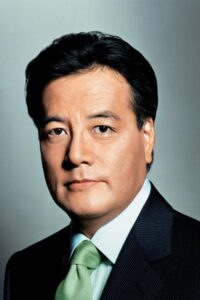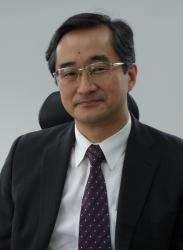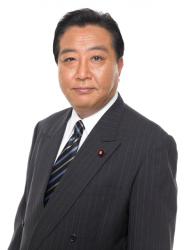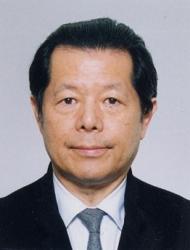
I, as Deputy Prime Minister, will devote myself to create an environment in which Japan and China maintain calm communication in good spirits, thereby further deepening the “Mutually Beneficial Relationship Based on Common Strategic Interests” as the leaders of the two countries have agreed upon to date, and expanding exchanges between the two peoples. Question 1: Confrontation between Japan and China has intensified after China reacted sharply to Japan’s purchase and possession of the Senkaku Islands. What prompted the Japanese government to acquire the Senkaku Islands at this... [Read more]


